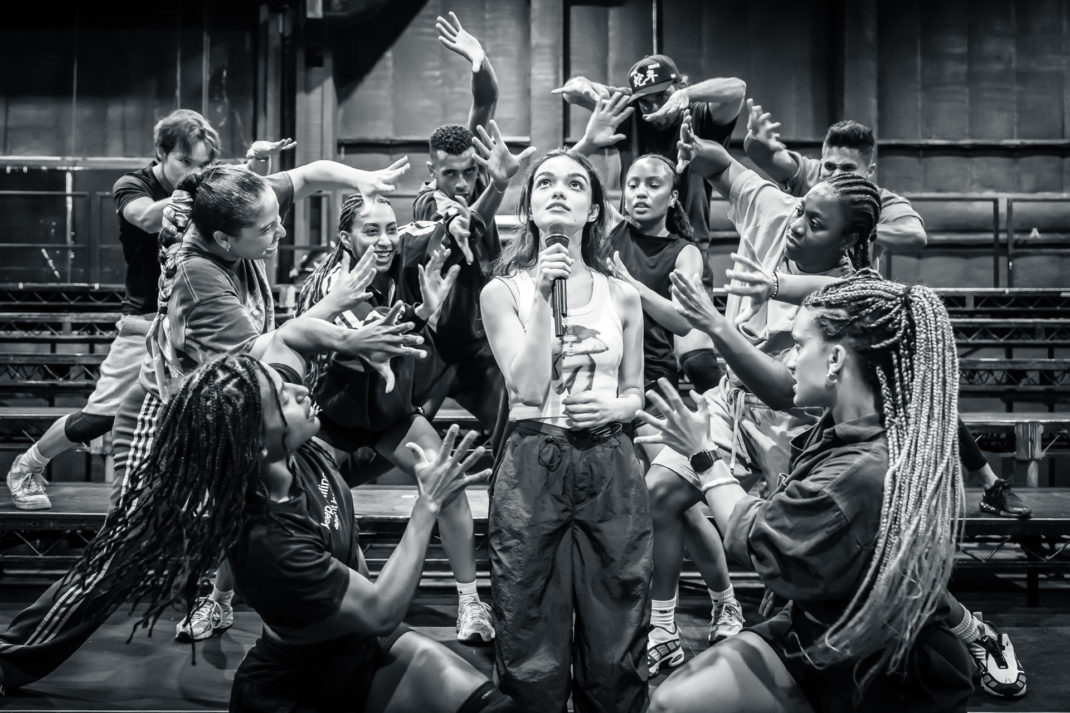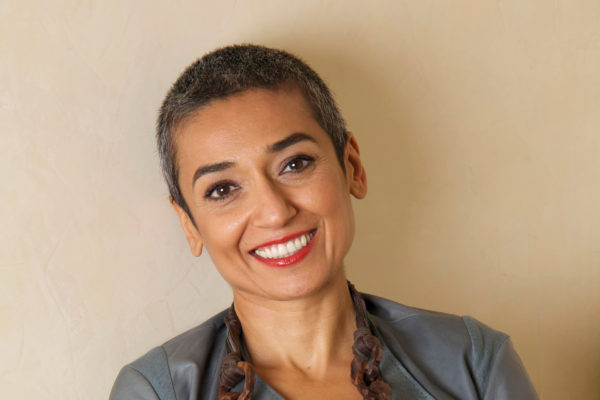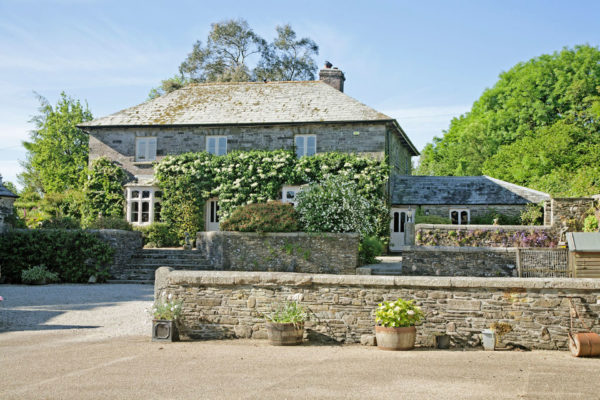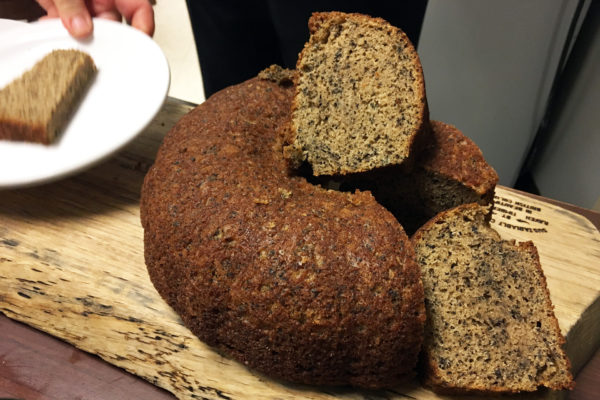The Positive Disruptor: Nature Is In All Of Us
By
1 year ago
James Wallace reflects on the interconnectedness of life on earth

Nature is not over there – it is all of us, says James Wallace.
The Interconnectedness Of Nature
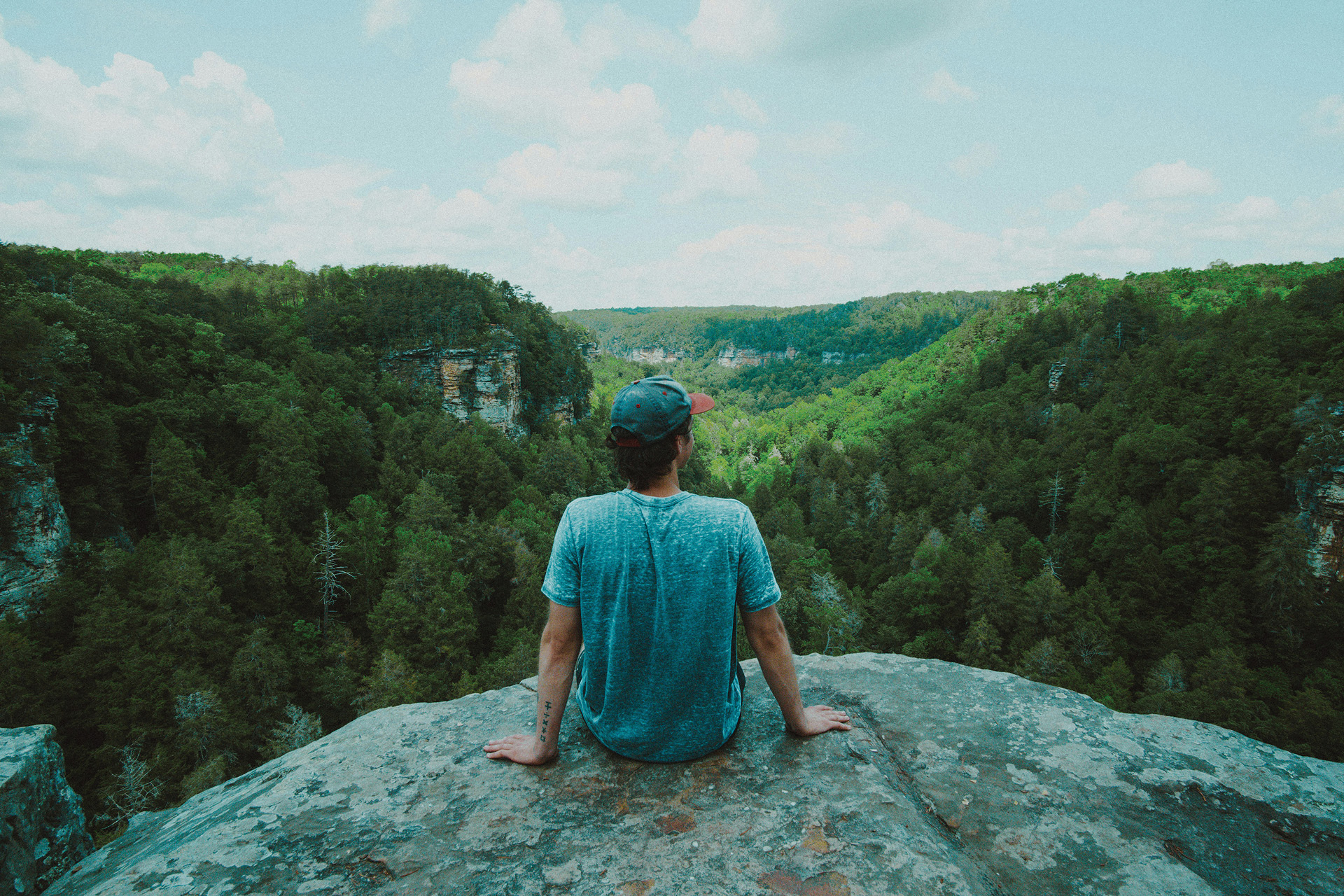
I was asked by my friend to help her son with his GCSE art project. It proved to be an insightful opportunity to meditate on a question few of us take time to mull upon: what does nature mean to me? This was my answer.
I am nature. I have always had a deep connection with the natural world. Starting with the birds, insects, hedgehogs and visiting foxes in my garden as a young boy, my perceptual journey into nature developed into a deep knowing that I am just as much a rough-legged buzzard, spotted brown trout or babbling brook as I am mammalian me, the not-so spritely 51-year-old bipedal hominid.
The meaning of nature for me has changed from subconscious to visceral. When I grew in my mother’s body from a single cell to fully spined and many-digited baby, I recapitulated the 4.5 billion year journey from barren rock to amoeba, through gill-slitted fish to hairy primate.
As I matured, I learned that when I breathe air out of my lungs, I am being breathed in by the sessile oak trees and purple loosestrife flowers. When I swim in the depths of a glacial lake or kelp-forested sea, I return to the ancestral home of my earlier aquatic evolutionary self.
At one particular time in Devon when I was 30, I remember lying on a woodland floor and looking up at the swaying boughs of trees and their sextillion leaves. I saw the fractal patterns of my every part and the whole of myself as an interconnected man mirrored in the mycelial fungal networks exchanging information and nutrients between every tree beneath me.
In more recent years as a father, employer and community member, I have become aware of and welcomed a deep and contented knowing that I am just as much an individual as a species, just as much a carpenter as the timber I work, just as much a person as a planet reflecting on its – our – self. I am nature. You are too.
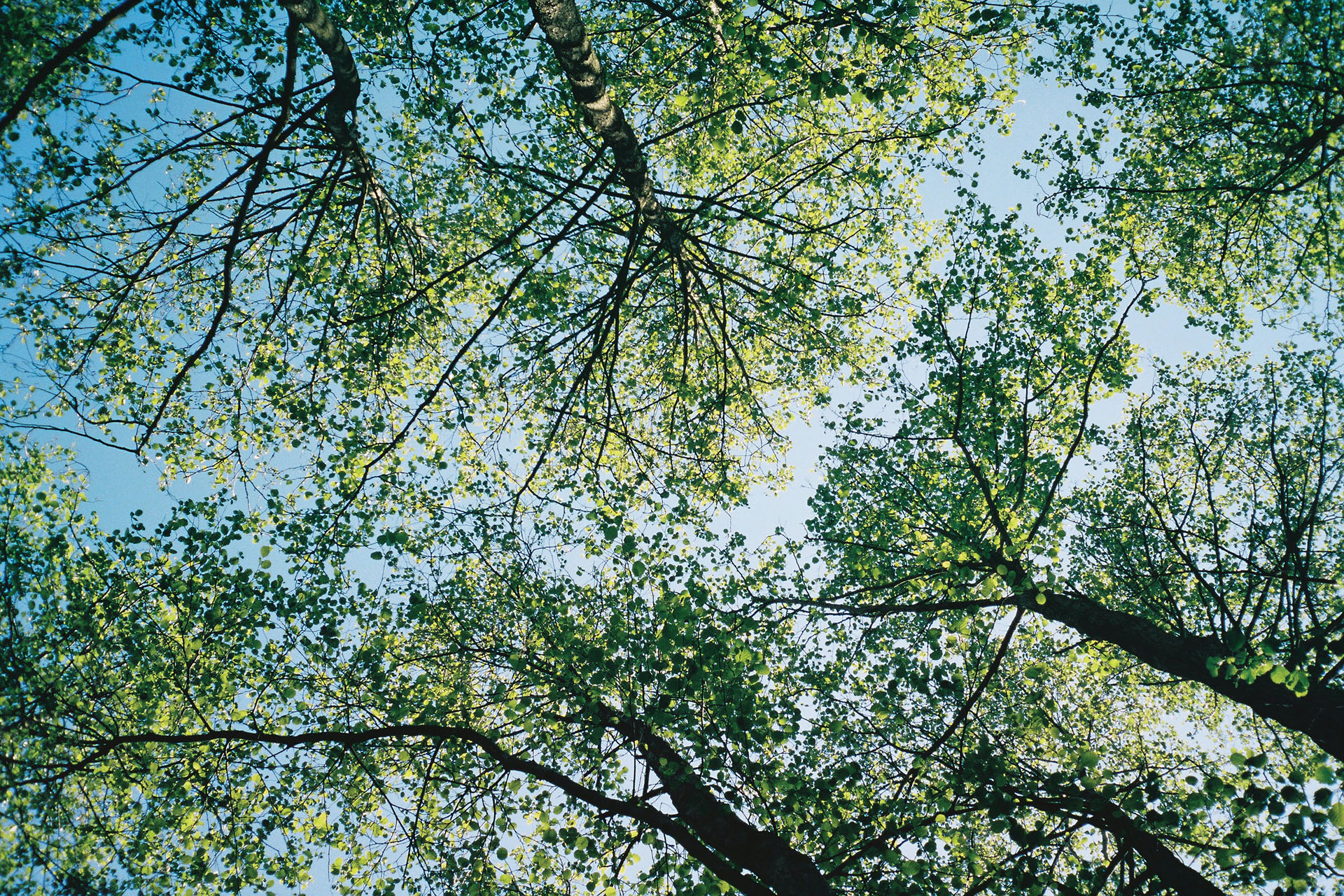
We – all living organisms with feathers, scales, skin, fur or chitinous shells, all animate and inanimate things, all of the ocean, forests, mangroves, mountains, all of the soil, the glowing mantle and beating heart of Mother Earth, all the storm clouds, deserts and azure skies, all of the crops, pollinators and harvests yet to come, even the smiling moon and distant stars – are one.
And most importantly we – all of nature – sustain and therefore need each other. We dance together in rhythmic cycles of exchange, sharing our carbon atoms, kinetic energy, our light, cohabiting in incomprehensibly complex symbiosis.
But with this knowledge of interdependence comes responsibility. Our eyes have been opened to the fragility of ourselves, our nature. Those storm clouds foretell floods and droughts. As our insect pollinators and seasonal rains decline, famine and displacement lurk in the shadows. If we aren’t careful, our extended body will become diseased.
So, armed with this profound understanding, I have no choice but to cherish and protect my life support system and all that makes me, us and the rest of nature the same and yet tantalisingly multiplicitous and ephemeral. Right now, this is what nature means to me. Everyone, everything, now and forever are in it together. What does nature mean to you?
James is Chief Executive of River Action.
Getting Back To Nature
- WATCH: Witness the interconnection of life in Fantastic Fungi, a film by Louie Schwartzberg. fantasticfungi.com
- READ: James Lovelock’s seminal work on the living planet, Gaia: A New Look at Life on Earth. (Goatshead Press, £8.99)
- BE MINDFUL: Try ‘forest bathing’, a Japanese mindfulness practice among trees with the National Trust. nationaltrust.org.uk
- SWIM: Wherever you go, take a dip in a nearby river or lake. wildswimming.co.uk
- IMMERSE: Yourself into nature with the poem Song of Myself, by Walt Whitman, included in Leaves of Grass. (Vintage, £8.99)

